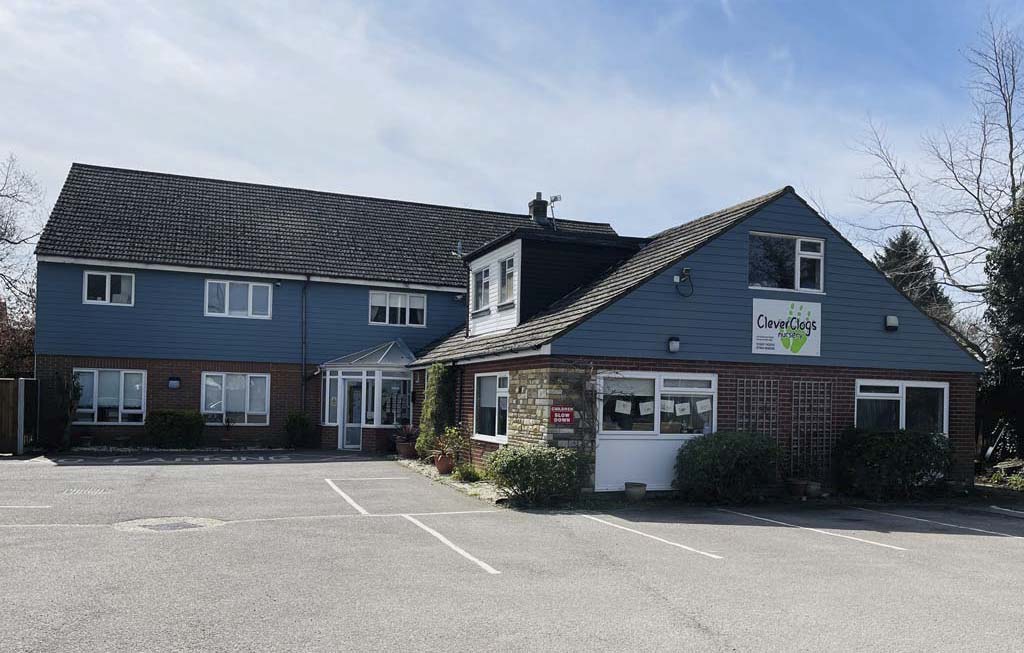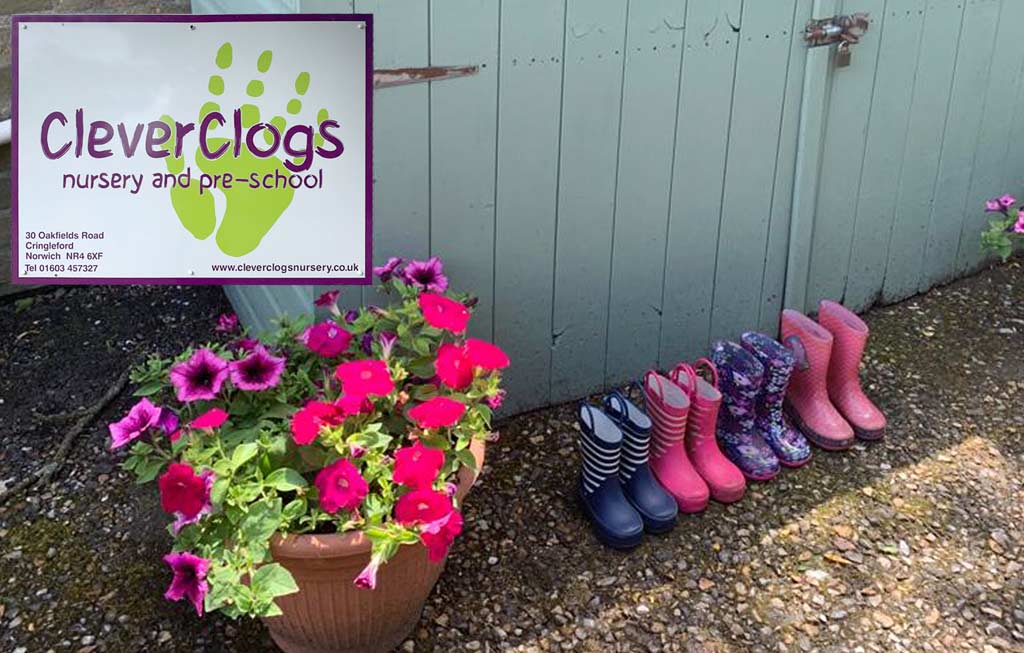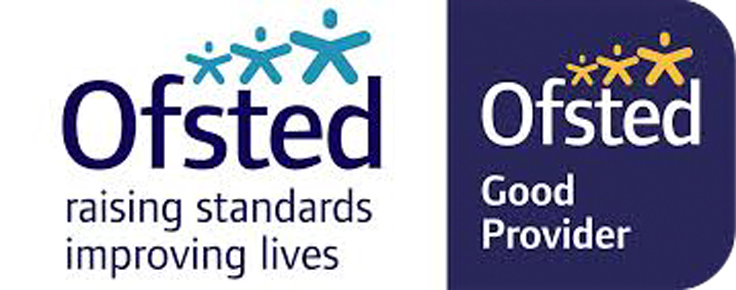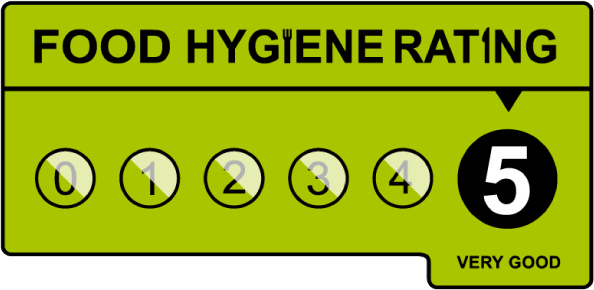CleverClogs Nursery and Pre-school
Administering Medicines Policy
Policy Statement
While it is not our policy to care for sick children, who should be at home until they are well enough to return to the setting, we will agree to administer medication as part of maintaining their health and well-being or when they are recovering from an illness.
In many cases, it is possible for the children’s GP to prescribe medicine that can be taken in the morning and evening. As far as possible, administering medicines will only be done where it would be detrimental to the child’s health if not given in the setting. On beginning treatment the parent must keep the child at home for the first 24 hours to ensure no adverse effects as well as to give time for the medication to take effect.
These procedures are written in line with current guidance in ‘managing medicines in schools and early years settings’: the manager is responsible for ensuring all staff understand these procedures.
The management team is responsible for the correct administration of the medicine to children. This includes ensuring that parent consent forms have been completed, that medicines are stored correctly and that records are kept according to procedure.
Procedures
All medicines brought into the nursery must be stored and clearly labelled with the child’s name. All medicines are handed to the staff on arrival so that they are stored correctly and medical forms are completed and signed.
Parents give prior written permission for the administration of medication. The staff receiving the medication must ask the parent to sign a consent form stating the following information.
No medicines may be given without the following details being provided:
- Full name of child.
- Name of medication.
- For the treatment of.
- Dosage and time to be given in the setting.
- How the medication should be stored and expiry date.
- Creams and lotions to include area on the body.
- Signature, printed name of parent and date.
The administration is recorded accurately each time it is given and is signed by staff. Parents sign the record book to acknowledge the administration of a medicine.
The medication record sheet records:
- Name of child.
- Name of medication.
- The date and time of dose.
- Signed by the key person/manager; and is verified by parent signature at the end of the day.
Storage of medicines
All medication is stored safely in the medicine cupboard in the office or refrigerated. Where the cupboard or refrigerator is not used solely for storing medicines, they are kept in a marked plastic box. The team leader or child’s key person is responsible for ensuring medicine is handled back at the end of the day to the parent.
Prescribed medicines
The registration form and contract to sign give the staff permission to administer medicines prescribed by General Practitioners and/or paracetamol suspension. These medicines must all have clear dosage instructions and be clearly named. The person in charge fills in the medicine form and asks parents to sign it when collecting their child, to acknowledge that the medicine has been administered. Children requiring antibiotics will need to have had twenty-four hours of medicine before returning to the nursery.
Non-prescribed medicines
This includes any over the counter medicine or homeopathic remedies. Parents must fill in a medicine slip giving staff permission for each individual dose on a daily basis. Children requiring paediatric paracetamol suspensions on a regular four hourly basis may not be well enough to be at the nursery and the person in charge may ask for the child to be taken home if they feel they are not well enough to cope at nursery.
Continual medicines
If children require a continual medicine of any kind such as inhalers, eczema cream, then the nursery requires the parent/carer to fill in an ongoing medicine form to administer these products. If for example, it is for an inhaler the letter must be renewed every three months as children’s symptoms may change. Only medicines with a written consent from the parent to stay on the premises may do so.
Emergency medicines
Parents are asked to sign the registration form regarding emergency treatment of any kind. This may also include the staff members giving an epipen injection or paediatric paracetamol suspensions when a child’s temperature is high and cannot be brought down by tepid sponging and cool fluids to drink. This would be a last resort to stop the onset of possible febrile convulsions. We would always endeavour to contact the parent at the first instance of a high temperature. If your child has an allergy to any type of paracetamol suspension then please make this clear on the registration form, medicines that have not been tried before cannot be given at nursery in case of severe reaction.
Long term medicines for long-term medical conditions – Children who have long-term medical conditions and who may require on going medication
A risk assessment is carried out for each child with long-term medical conditions that require ongoing medication. This is the responsibility of the manager alongside the key person. Other medical or social care personnel may need to be involved in the risk assessment. Parents will also contribute to a risk assessment. They should be shown around the setting, understand the routines and activities and point out anything which they think may be a risk factor for their children. For some medical conditions key staff will need to have training in a basic understanding of the condition as well as how the medication is to be administered correctly. The training needs for staff is part of the risk assessment. The risk assessment includes vigorous activities and any other nursery activity that may give cause for concern regarding an individual child’s health needs. The risk assessments includes arrangements for taking medicines on outings and the child’s GP’s advice is sought if necessary where there are concerns. A health care plan for the children is drawn up with the parent; outlining the key persons role and what information must be shared with other staff who care for the child. The health care plan should include the measures to be taken in an emergency. The health care plan is reviewed every six months or more if necessary. This includes reviewing the medication, e.g. changes to the medication or the dosage, any side effects noted etc. parents receive a copy of the health care plan and each contributor, including the parent, signs it.
Managing medicines on trips and outings
Medication for a child is taken in a sealed plastic box clearly labelled with the child’s name, name of the medication, inside the box is a copy of the consent form and a card to record when it has been given, with the details as given above. On returning to the setting the card is stapled to the medication record sheet and the parent signs it. If a child on medication has to be taken to hospital, the child’s medication is taken in a sealed plastic box clearly labelled with the child’ s name and name of the medication. Inside the box is a copy of the consent form signed by the parent.
CleverClogs
Longwater
441 Dereham Road New Costessey
Norwich NR5 OSG
Click here for CleverClogs Longwater


CleverClogs
Cringleford
30 Oakfields Road Cringleford
Norwich NR4 6XF
Click here for CleverClogs Cringleford



